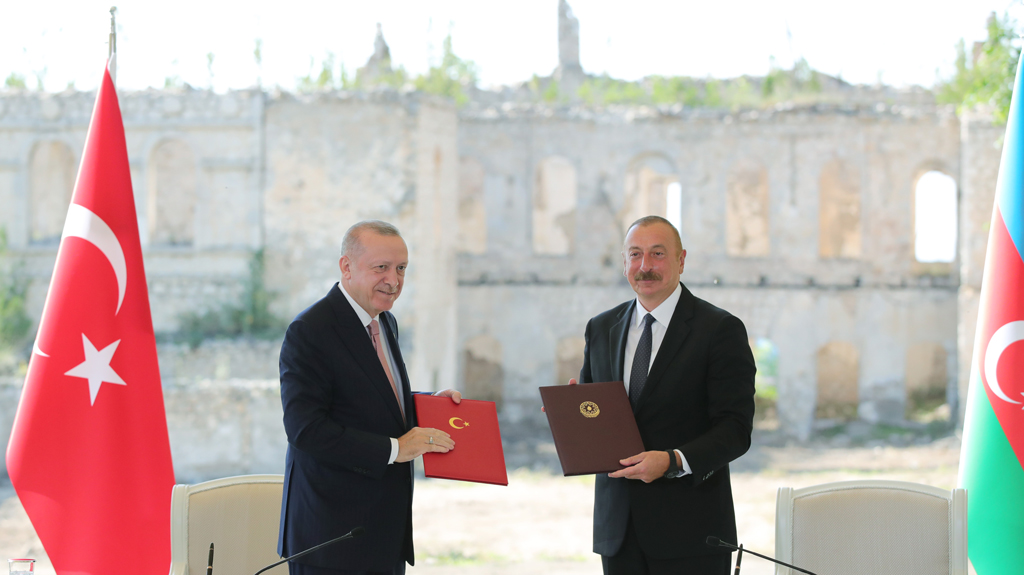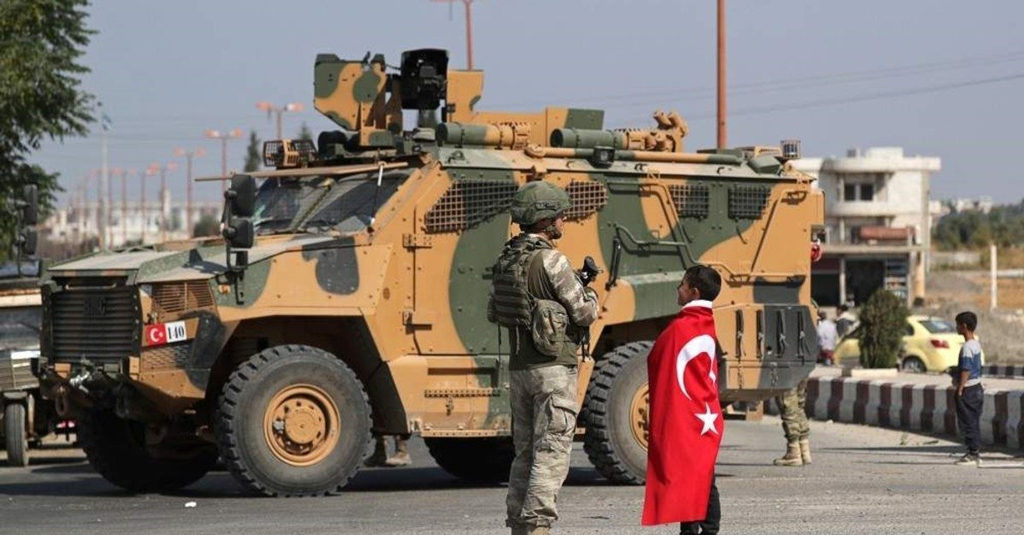This commentary delves into the evolution of the Organization of Turkic States (OTS), highlighting its transformation from a consultative mechanism to a robust international entity with geostrategic significance. The paper examines key developments such as the Shusha Declaration, the impact of the Second Karabakh War, and the strategic partnership among Turkic states in the context of global geopolitical dynamics. The paper focuses on Azerbaijan’s vision of the development of the Turkic unity, some historical aspects, which preceded the idea of the Turkic unity, and contemporary trends in the regional and global politics, which gave impetus to the enhancement of the OTS. The conclusion highlights the importance of Turkic unity as it stands out more prominently in the complex geopolitical environment and posits that trends make it necessary to strengthen and develop cooperation among the Turkic states.
Introduction: Historical Overview of the OTS
On November 4, 2023, leaders of the Organization of Turkic States (OTS), comprising Azerbaijan, Kazakhstan, Kyrgyzstan, Türkiye, and Uzbekistan, met in Astana to celebrate the 10
th anniversary of the organization’s first summit. The OTS, which named as Turkic Council at that time on, was founded in 2009 in Nakhchivan, Azerbaijan. Since then, it has grown from simply an annual meeting to a fully-fledged international organization containing several institutions, including its General Secretariat in İstanbul, the Turkic Academy in Astana, the Turkic Cultural Foundation in Baku, as well as several other entities such as an OTS representative in Budapest.
What was at the beginning an informal consultation mechanism is now focused on concrete projects, such as the establishment of an investment fund, simplification of customs procedures, promotion of the so-called Middle Corridor (or Trans-Caspian Transport Route between Europe and China through the South Caucasus and Central Asia) and many others that have geostrategic significance beyond the borders of the Turkic states. At the 8
th Summit of the OTS on November 12, 2021, leaders adopted a document titled “Turkic World Vision – 2040” to advance more integrated “cooperative mechanisms and joint projects, pooling of experiences and offering material and intellectual resources” so that “when needed, the Organization will provide a robust and transparent platform of growing cooperation and solidarity.”
1
In this regard, the Turkish President, Recep Tayyip Erdoğan, said: “The Organization of Turkic States is becoming a growing force in the world, capable of removing blockages in the international system and offering effective and lasting solutions. We will work harder to build a more inclusive and just world in the future. Because the hope of peace is linked to the Turkish era.”
2
The Impact of the Second Karabakh War: A Turning Point
The Shusha Declaration, signed between Azerbaijan and Türkiye, has been a cornerstone in solidifying military, political, and economic ties within the OTS. This declaration not only symbolizes a deepening alliance between these two nations but also serves as a model for cooperation among other Turkic states. It emphasizes the importance of unity in addressing regional challenges and enhancing security. The declaration has significantly influenced the OTS’ approach towards regional conflicts, collective security, and has bolstered the Organization’s stance in the international system. As the OTS evolved, it has expanded its focus to include significant strategic projects, marking a shift from foundational goals to tangible, geostrategic initiatives...
Read more on
Insight Turkey:
Azerbaijan and the Rise of Turkic Unity: The Journey of the Organization of Turkic States
[Insight Turkey, January 1, 2024]







